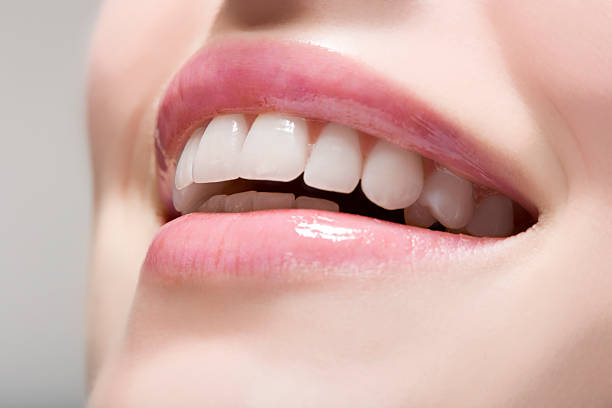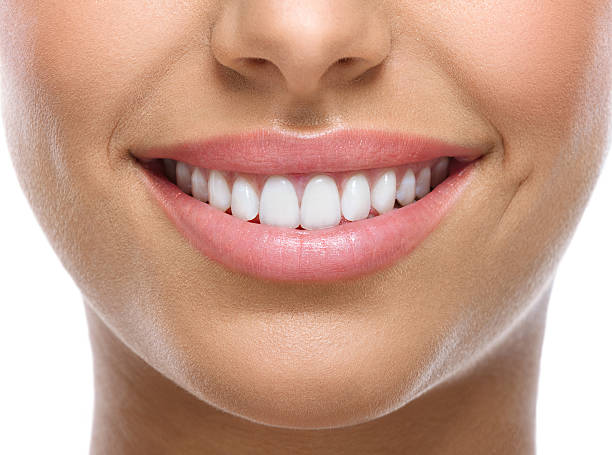Teeth whitening
There are several ways to whiten teeth, including professional teeth whitening treatments, over-the-counter teeth whitening products, and home remedies. Professional teeth whitening treatments are usually the most effective, but they can also be the most expensive. Over-the-counter teeth whitening products, such as whitening toothpaste, whitening strips, and whitening gels, are less expensive, but they may take longer to produce results. Home remedies, such as brushing and using a mixture of baking soda and hydrogen peroxide, can be an inexpensive option, but their effectiveness may vary. It's important to follow the instructions for any teeth whitening product or treatment and to talk to a dentist before using any product if you have any concerns.
Different types of teeth whitening methods
There are several types of teeth whitening methods available, including:
Professional teeth whitening: This type of teeth whitening is performed by a dentist or a dental hygienist. It involves the use of a bleaching agent, such as hydrogen peroxide or carbamide peroxide, and is usually the most effective way to whiten teeth.
Over-the-counter teeth whitening products: These products, which include whitening toothpaste, whitening strips, and whitening gels, are available at drugstores and can be used at home. They typically contain lower concentrations of bleaching agents than professional treatments and may take longer to produce results.
Home remedies: Some people try using home remedies, such as brushing or a mixture of baking soda and hydrogen peroxide, to whiten their teeth. While these remedies may be less expensive than other options, their effectiveness can vary.
It's important to follow the instructions for any teeth whitening product or treatment and to talk to a dentist before using any product if you have any concerns.
Benefits of teeth whitening
There are several potential benefits to teeth whitening, including:
Improved appearance: Whitening your teeth can help improve the appearance of your smile, which can boost your confidence and self-esteem.
Fresher breath: Whitening your teeth can help remove surface stains that can contribute to bad breath.
Younger-looking appearance: Yellowed or discolored teeth can make you look older than you are. Whitening your teeth can help you look younger and more vibrant.
Improved oral hygiene: Removing surface stains from your teeth can help improve your oral hygiene by making it easier to remove plaque and other debris from your teeth.
Non-invasive: Teeth whitening is a non-invasive procedure that does not require the use of needles or other instruments.
Convenient: With at-home teeth whitening products, you can whiten your teeth on your own schedule, at a time that is convenient for you.
It's important to note that teeth whitening is not suitable for everyone. It's a good idea to talk to a dentist before starting a teeth whitening treatment to determine if it is the right option for you.

Risks and benefits of teeth whitening
There are several potential risks and benefits associated with teeth whitening.
Benefits:
Improved appearance: Whitening your teeth can help improve the appearance of your smile, which can boost your confidence and self-esteem.
Fresher breath: Whitening your teeth can help remove surface stains that can contribute to bad breath.
Younger-looking appearance: Yellowed or discolored teeth can make you look older than you are. Whitening your teeth can help you look younger and more vibrant.
Improved oral hygiene: Removing surface stains from your teeth can help improve your oral hygiene by making it easier to remove plaque and other debris from your teeth.
Non-invasive: Teeth whitening is a non-invasive procedure that does not require the use of needles or other instruments.
Convenient: With at-home teeth whitening products, you can whiten your teeth on your own schedule, at a time that is convenient for you.
Risks:
Tooth sensitivity: Some people may experience tooth sensitivity after teeth whitening. This usually goes away on its own after a few days.
Gum irritation: Whitening agents can irritate the gums, causing them to become red and swollen.
Ineffective results: Some people may not see the desired results from teeth whitening, or the results may not last as long as they would like.
Allergic reactions: Some people may have an allergic reaction to the ingredients in teeth whitening products.
It's important to follow the instructions for any teeth whitening product or treatment and to talk to a dentist before using any product if you have any concerns.
Conclusion
In conclusion, teeth whitening is a popular way to improve the appearance of your smile and boost your confidence. There are several types of teeth whitening methods available, including professional treatments, over-the-counter products, and home remedies. Each option has its own benefits and risks, and it's important to consider these factors when deciding which method is right for you. It's also a good idea to talk to a dentist before starting any teeth whitening treatment to determine if it is the right option for you.



Post a Comment